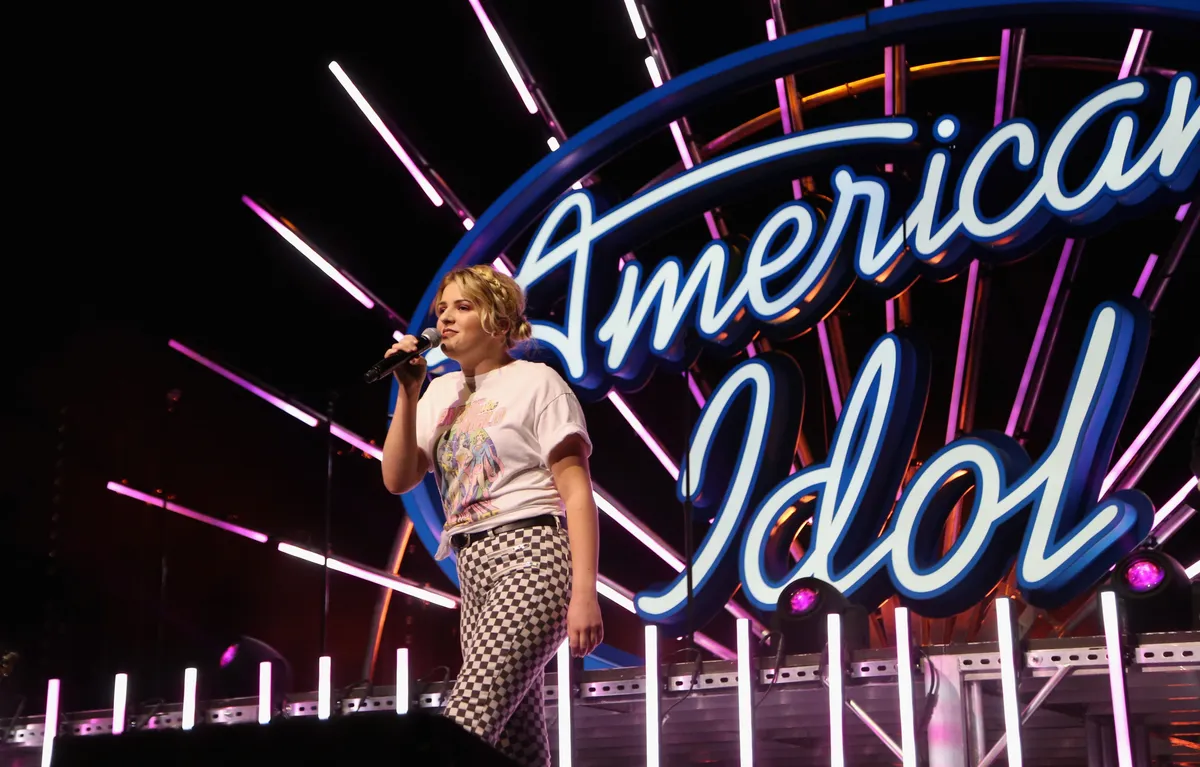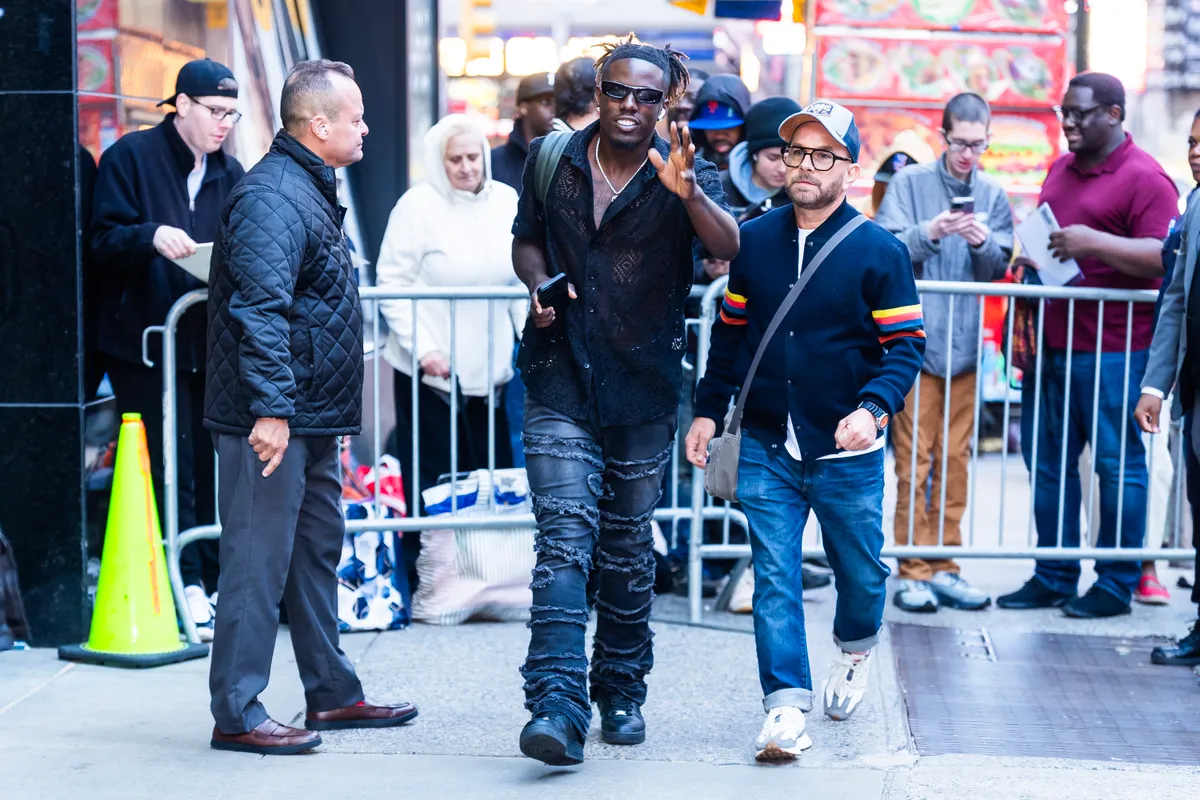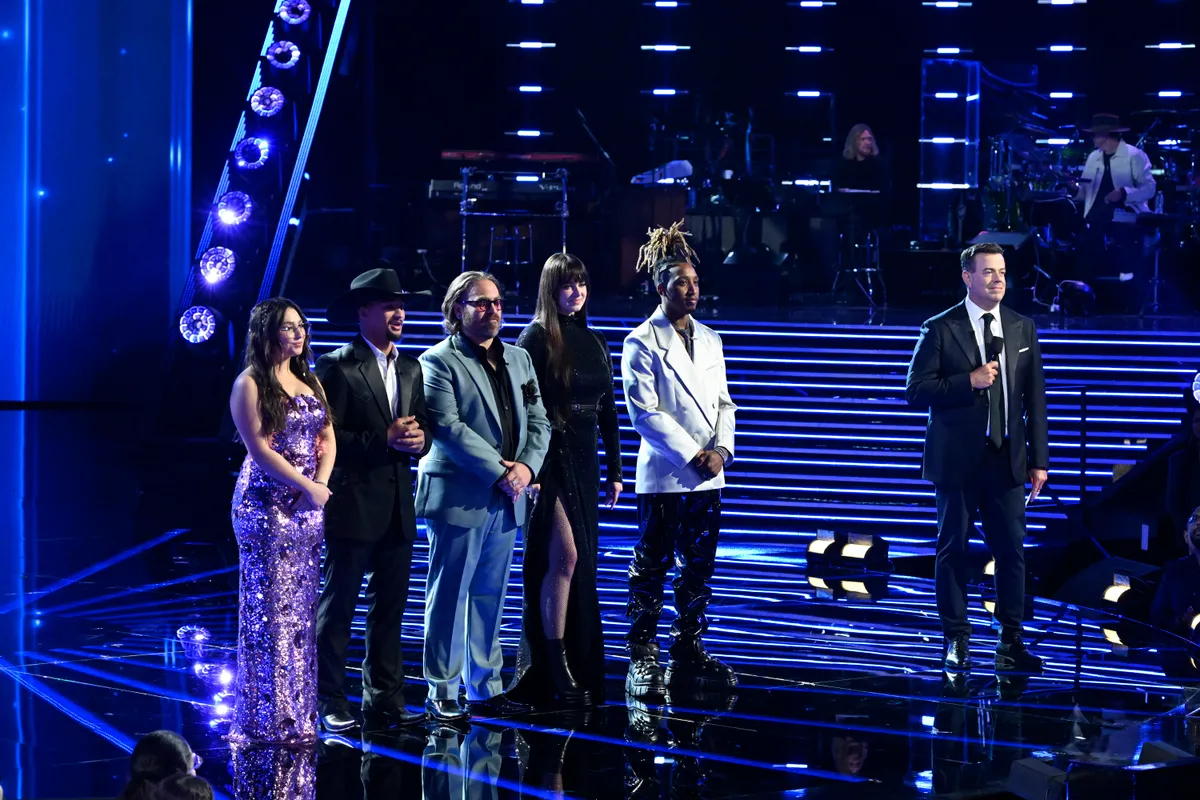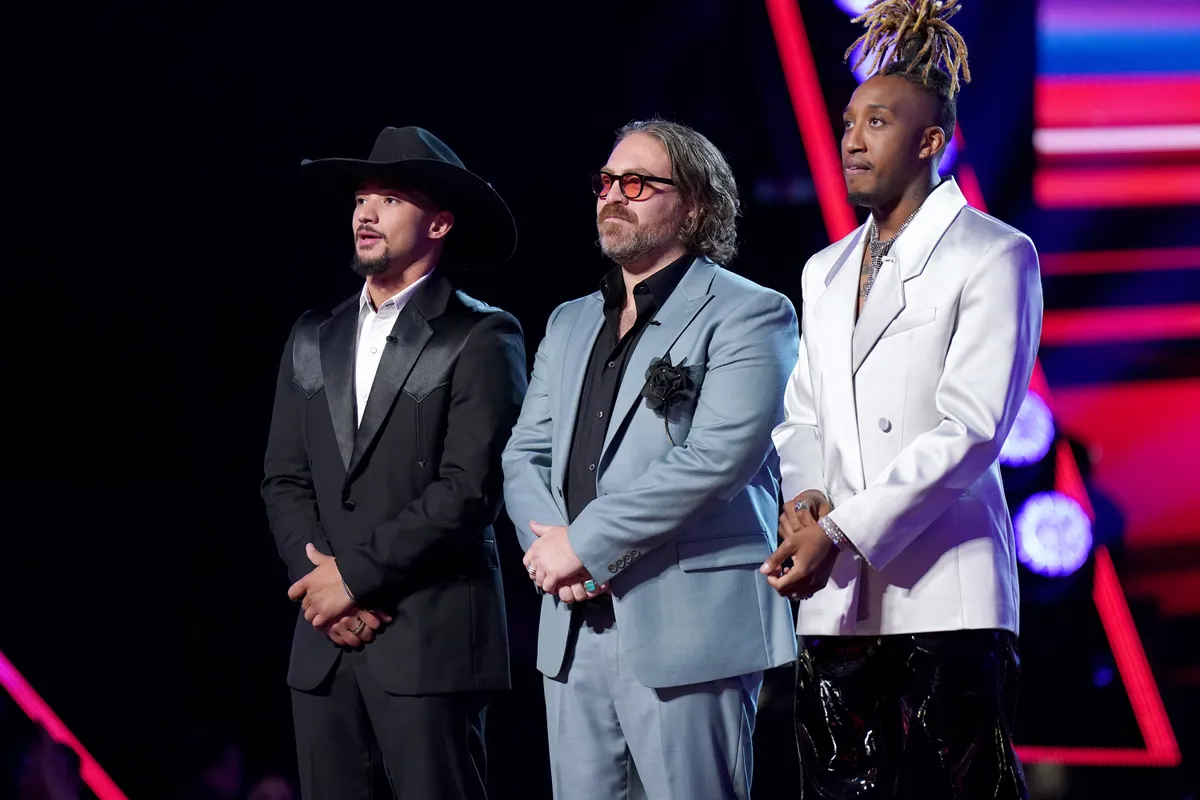They sing, they win, and the spotlight shines — at least for a moment. But what comes with that victory isn’t always as glamorous as it seems.
Televised singing competitions like “American Idol” and “The Voice” promise big prizes, but past winners say the reality is more complicated. While millions watch contestants compete for the spotlight, the rewards often come with conditions, tight timelines, and industry expectations.

Maddie Poppe, who won Season 16 of “American Idol” in 2018, shared details about her winnings in a March 2025 interview with Business Insider (BI). “You do get $250,000, but not really because of taxes,” she explained.

She also recalled how some fans assumed the cash prize was a financial windfall for her entire family, “People were asking my parents, ‘So are you quitting your jobs?’ They asked my sister, ‘Oh, so are you quitting your job? Is your sister going to support you now?'”

Poppe clarified that the prize wasn’t given in full up front. Half was paid before she completed her debut album, with the rest delivered after its completion. She noted that the money functioned more like an advance tied to a record deal — funds that she believed would need to be recouped through future music sales.

Another “Idol” winner encountered a different kind of challenge. Caleb Johnson, who won Season 13 of the show in 2014, signed with the franchise’s label, 19 Recordings, but said they gave him “absolutely no support behind the record” he produced after his win.

Johnson said the label refused to release a single from the completed album. “There was no music video. There was nothing,” he recalled. He eventually paid out of pocket to produce a music video.

While touring with the official “Idol” live show that season, he took on promotion himself — an effort he described as “rough” and “grueling.” 19 Entertainment did not respond to the publication’s request for comment.

By contrast, earlier “Idol” winners sometimes received more generous deals. When Phillip Phillips won “Idol” Season 11 in 2012, he was awarded a $1 million recording contract, according to “Today.” The agreement was widely publicized, though specific details about how the money was delivered were not released.

More than a decade after Phillips’ million-dollar deal, “Idol” crowned its newest winner. On May 19, 2025, Jamal Roberts took the title and will reportedly receive a $250,000 prize. The amount drew widespread attention online.

One commenter remarked, “Wow quite a decrease. I remember Carrie got $1 million also,” referring to Carrie Underwood, who won “Idol” Season 4 in 2005.
Others echoed concerns about the prize amount and rising costs, with one user writing, “I think they used to get a million but now I heard it’s $250,000 which they deserve a million. American idol [sic] can afford that. A million living in California isn’t even that much money anymore. I know Jamal is from Meridian.”
Another said, “The country guy will be bigger anyway. 😎,” referring to “Idol” runner-up, John Foster.

One viewer suggested that Roberts would need to complete an album before receiving the remainder of his prize money and encouraged him to consider recording a Gospel album. Someone noted they were glad Foster didn’t win, as it gave him the freedom to pursue opportunities outside of the “Idol” contract structure.
Another expressed the view that losing might be preferable, arguing that the winner has to follow a rigid schedule, whereas the runner-up benefits from exposure and freedom to choose their path.
A fellow viewer echoed the same sentiment, “Its better to get runner up. Better deals and better exposure. By the time Jamal gets out of Idol contracts for winning he has been forgotten by those who really makes careers happen. Meanwhile John will have Producers waiting in the wings to sign and promote him right away [sic].”
A different netizen highlighted that runner-ups have historically fared better than winners. An observer imagined a scenario in which Foster secures long-term deals, tours, and fame, while Roberts remains stuck looking in from the sidelines.

In 2018, Chevel Shepherd won the competition at age 16 and received $100,000 along with the title. While she hadn’t decided exactly how to spend it, she mentioned one possibility. “Maybe a car,” she said at the time. “We had to postpone getting my permit because of The Voice so when we get back [home], I have to get it.”
While much of the discussion around “American Idol” centers on cash prizes and post-show contracts, “The Voice” follows a slightly different model. As of May 2025, NBC confirms the winner is guaranteed a recording contract, but no standard cash prize is advertised. However, some contestants have received monetary awards.
Now, a new name joins the ranks — Adam David, the latest winner of “The Voice,” has officially stepped into the spotlight.

